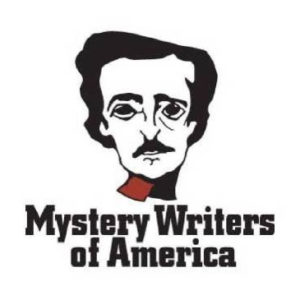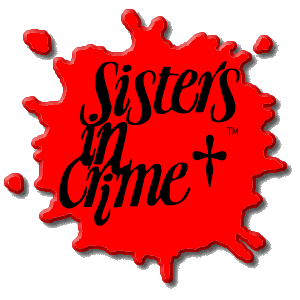A tiny scrap of red silk stuck out from under the flap of the box, and I stroked it with my fingers. One of Ernst’s handkerchiefs. I’d taught him to sew. We’d hemmed many handkerchiefs together, always red and always, when he could afford it, silk.
A cold wind brushed my face, and I turned up the collar of my coat. I tucked the corner of red silk out of sight. “Do you know the Nazi boy’s name or address?” I asked Rudolf.
“Certainly not.” Rudolf sniffed again.
I wondered if he’d been sniffing cocaine in Ernst’s apartment.
“I do not associate with that lot,” he said.
“Your nose is bleeding.” I dug for a handkerchief in my satchel.
Rudolf pulled a lace-edged handkerchief out of his pocket and held it to his nose. A red stain bloomed through the white linen. “Damn allergies,” he said. “I must be on my way. Inform Ernst that we have much to resolve.”
Rudolf raised his hand to hail a taxi. “Make sure he knows the consequences.”
“Which are?”
“Very unpleasant.” Immediately a taxi stopped in front of him, as taxis must have done all his life. He climbed in without a backward glance, and the taxi trundled off like a giant black beetle.
My mind filled with thoughts of Ernst and the Nazi boy. I had always wanted him to date a boy nearer his own age. But not a Nazi. I was a socialist, and despised Nazis for many things, including wanting to force women back into the home—children, kitchen, and church were to be our only realms. A particularly bad set of choices for those of us who neither had nor wanted a husband or children. And I did not want to think what would happen to the Jews and Communists if the Nazis gained power. I suspected that children, kitchen, and church were far better alternatives than what the Nazis would give them.

 Follow
Follow



Leave a Reply